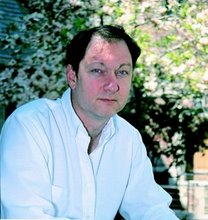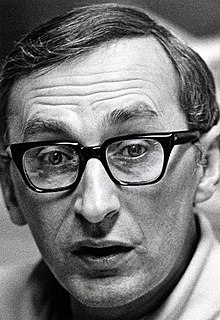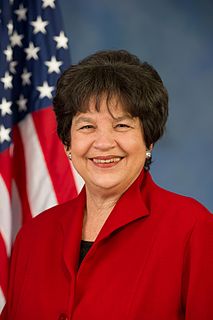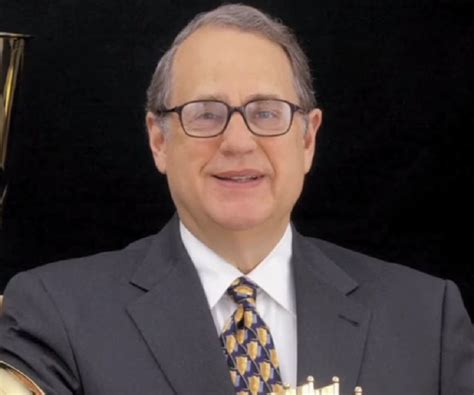A Quote by Gail Collins
There are competing studies on how much crime drops or doesn't drop when there are strict rules on gun possession and sale. I don't think there's any question that New York City's very tough laws have reduced violence.
Related Quotes
Our most conservative estimates show that by adopting shall-issue laws(concealed carry laws), states reduced murders by 8.5%, rapes by 5%, aggravated assaults by 7% and robbery by 3%... While support for strict gun-control laws usually has been strongest in large cities, where crime rates are highest, that's precisely where right-to-carry laws have produced the largest drops in violent crimes.
I love New York very much, and it was very important for me to spend my 20s in New York City. You're exposed to so much here, whether it's other people or just the grind of it and how hard you have to work. I think it forces you to define yourself: what kind of person do you want to be? What kind of woman do you want to be? And then inevitably, what kind of actress do you want to be?
I think as much as the city is changing us, our experience inside the city also changes. I think, a city like Cairo - and it's interesting because yesterday, a friend of mine told me the same this thing about New York - is a city that you can't control. It's very bold and very aggressive, and it will constantly resist any attempt at control. But even though you can't control it, you can find your path within the city. You can come to a better understanding of your relationship with it.
If gun laws in fact worked, the sponsors of this type of legislation should have no difficulty drawing upon long lists of examples of criminal acts reduced by such legislation. That they cannot do so after a century and a half of trying - that they must sweep under the rug the southern attempts at gun control in the 1870-1910 period, the northeastern attempts in the 1920-1939 period, the attempts at both Federal and State levels in 1965-1976 - establishes the repeated, complete and inevitable failure of gun laws to control serious crime.
In theory, if a gun is left at the scene of a crime, licensing and registration will allow a gun to be traced back to its owner. But, amazingly, despite police spending tens of thousands of man-hours administering these laws ... there is not even a single case where the laws have been instrumental in identifying someone who has committed a crime.
Between 1995 and 2005, the prison population grew by 30 percent, meaning an additional half million criminals were behind bars, rather than lurking in dark alleys with switchblades. You can well imagine liberals' surprise when the crime rate went down as more criminals were put in prison. The New York Times was reduced to running querulous articles with headlines like Number in Prison Grows Despite Crime Reduction and As Crime Rate Drops, the Prison Rate Rises and the Debate Rages.































